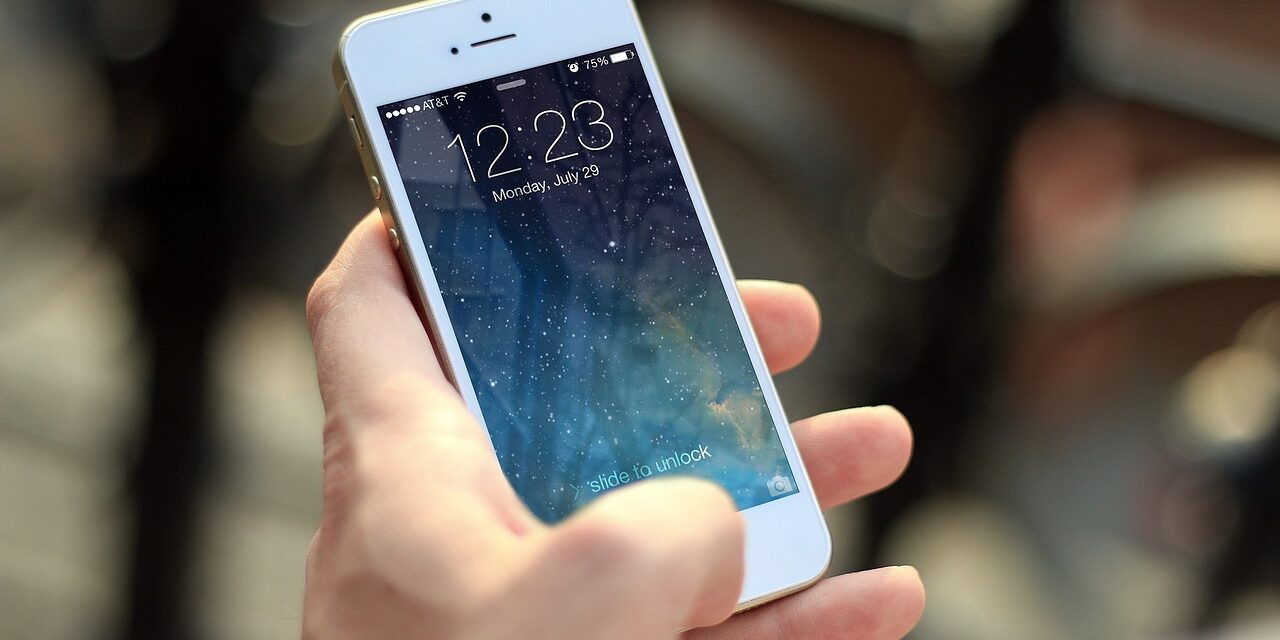Android vs. iOS
Android vs. iOS The rivalry between Android and iOS has been ongoing for over a decade now, fueling debates among tech enthusiasts and loyal users. When it comes to choosing a mobile operating system, it’s not just about picking a smartphone; it’s about embracing an ecosystem. Each platform has its own strengths and weaknesses, catering to different preferences and needs. Let’s dive into the Android vs. iOS debate to help you make an informed decision.
Android: Versatility and Customization
- Device Diversity: Android is available on a wide range of devices from various manufacturers. Whether you prefer Samsung, Google, OnePlus, or any other brand, you’ll find an Android phone that suits your style and budget.
- Customization: Android offers unparalleled customization options. You can tweak your home screen, install third-party launchers, and customize widgets to your heart’s content. For tech-savvy users who love personalization, Android is a playground.
- App Variety: The Google Play Store boasts a vast library of apps, including some that may not be available on iOS due to its more open app submission process. This diversity can be a significant advantage for some users.
- Price Range: Android devices come in various price ranges, making it accessible to a broader audience. You can choose from budget-friendly phones to high-end flagship models.
- File Management: Android allows easy access to your device’s file system, making it more suitable for users who prefer to have more control over their files.
iOS: Elegance and Seamless Integration
- Ecosystem: Apple has built an impressive ecosystem around iOS. If you own an iPhone, you can seamlessly connect it with other Apple devices like Macs, iPads, Apple Watch, and HomePod. This tight integration enhances the user experience.
- Security: iOS is known for its robust security features. Apple’s stringent app review process and the closed nature of iOS make it less prone to malware and security breaches.
- Software Updates: Apple provides regular and timely software updates to its devices. This means you’ll receive the latest features and security patches without waiting for manufacturers or carriers.
- User-Friendly Interface: iOS is renowned for its clean, intuitive interface. If you value simplicity and ease of use, iOS may be your preference.
- App Quality: The App Store is known for its well-vetted, high-quality apps. Developers often prioritize iOS app development, resulting in apps that are polished and optimized for iPhones.
Which Is Right for You?
Choosing between Android and iOS ultimately depends on your preferences and priorities. Here are a few key considerations:
Customization vs. Simplicity: If you love customizing your phone and tinkering with settings, Android’s flexibility may be your preference. However, if you prefer a more straightforward and consistent experience, iOS may suit you better.
Ecosystem Integration: If you’re heavily invested in the Apple ecosystem or need a device for professional use, an iPhone and iOS may provide a smoother experience.
Budget: Android offers a wider range of price options, making it suitable for those on a budget. Apple devices, while premium, tend to come with a higher price tag.
Security: If security is a top priority, iOS is known for its robustness in this area.
Android vs. iOS
Ultimately, both Android and iOS are excellent operating systems, and both have loyal fan bases. Consider your specific needs and preferences, and you’re sure to find the right mobile operating system that complements your digital lifestyle. Whether you choose Android or iOS, both platforms will continue to evolve and offer exciting features in the years to come.





